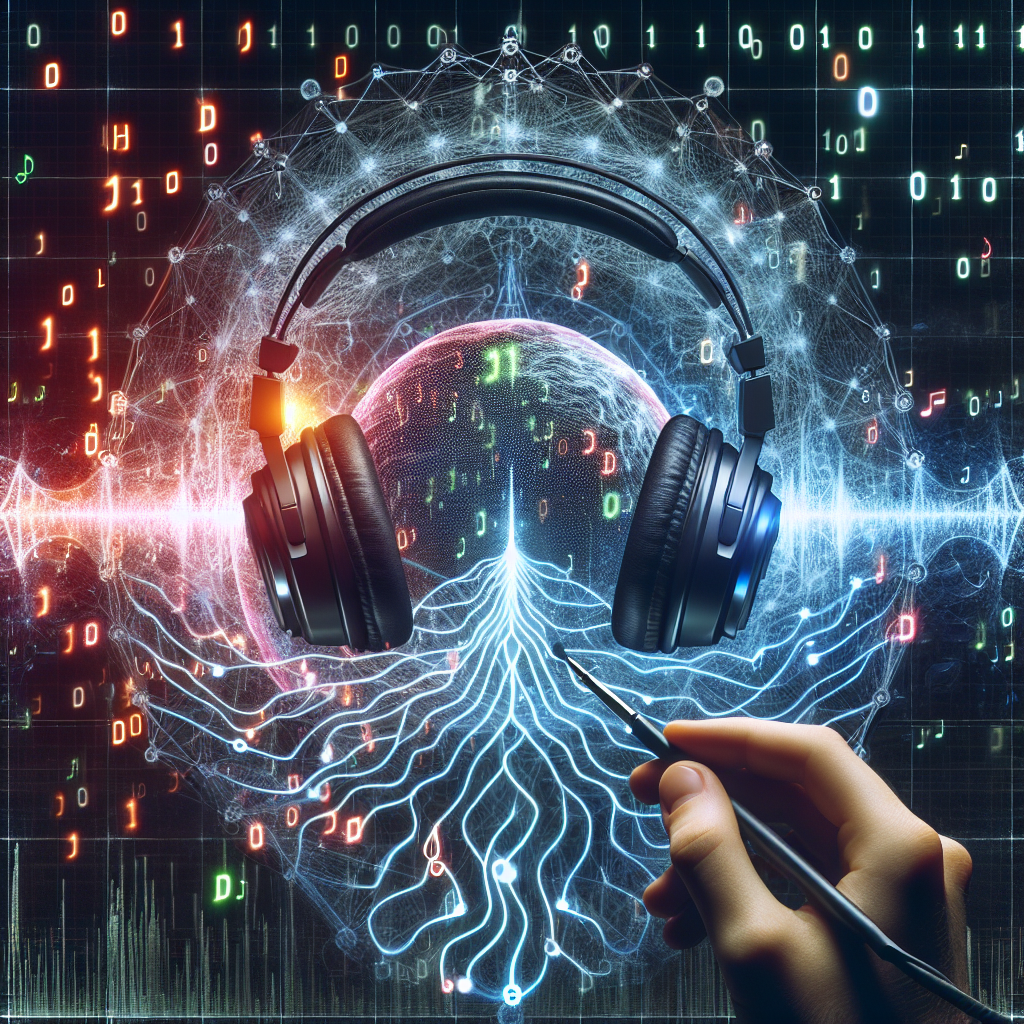The Use of AI in Game Audio Design
In recent years, the gaming industry has seen tremendous advancements in the field of artificial intelligence (AI) and machine learning, and these technologies are now being utilized in various aspects of game development, including audio design. AI has the potential to revolutionize the way audio is created and implemented in video games, offering developers new tools and techniques to enhance the player experience.
AI in game audio design can be used in a variety of ways, from generating dynamic soundscapes to creating realistic dialogue and even composing music. By harnessing the power of AI, game developers can create more immersive and engaging audio experiences that adapt to the player’s actions and reactions in real-time.
One of the key benefits of using AI in game audio design is its ability to generate procedural audio, which refers to the process of synthesizing sound effects and music on the fly. This allows for a more dynamic and responsive audio experience, where the audio can change and evolve based on the player’s interactions with the game world. For example, AI algorithms can be used to generate footstep sounds that vary depending on the surface the player is walking on, or to create ambient soundscapes that react to the player’s movements and actions.
Another application of AI in game audio design is in the creation of realistic dialogue for non-player characters (NPCs). Traditionally, game developers have relied on voice actors to record dialogue for NPCs, but this approach can be time-consuming and expensive. By using AI algorithms, developers can generate synthetic voices that sound more natural and can be customized to fit the character’s personality and emotions. This not only saves time and money but also allows for greater flexibility in the creation of dialogue for NPCs.
AI can also be used to enhance the music in video games, by composing dynamic soundtracks that adapt to the player’s actions and the mood of the game. By analyzing the player’s behavior and the state of the game world, AI algorithms can generate music that fits the atmosphere and enhances the player’s emotional engagement with the game. This can lead to a more immersive and memorable gaming experience, where the music responds to the player’s actions and helps to create a more cohesive and engaging audiovisual experience.
In addition to procedural audio, dialogue generation, and dynamic music composition, AI can also be used to improve the overall audio quality of video games. By analyzing and processing audio data, AI algorithms can enhance the fidelity and realism of sound effects, music, and voiceovers, making the audio in games more immersive and lifelike. This can help to create a more engaging and immersive gaming experience, where the audio enhances the player’s sense of immersion and presence in the game world.
Overall, the use of AI in game audio design has the potential to revolutionize the way audio is created and implemented in video games, offering developers new tools and techniques to enhance the player experience. By harnessing the power of AI, game developers can create more dynamic and responsive audio experiences that adapt to the player’s actions and reactions in real-time, leading to a more immersive and engaging gaming experience for players.
FAQs:
Q: How does AI generate procedural audio in video games?
A: AI algorithms can generate procedural audio by synthesizing sound effects and music on the fly, allowing for a more dynamic and responsive audio experience that adapts to the player’s interactions with the game world.
Q: Can AI be used to create realistic dialogue for NPCs?
A: Yes, AI algorithms can be used to generate synthetic voices that sound more natural and can be customized to fit the character’s personality and emotions, allowing for more realistic dialogue for NPCs in video games.
Q: How does AI enhance the music in video games?
A: AI algorithms can analyze the player’s behavior and the state of the game world to generate dynamic soundtracks that adapt to the player’s actions and the mood of the game, leading to a more immersive and engaging gaming experience.
Q: How does AI improve the overall audio quality of video games?
A: AI algorithms can analyze and process audio data to enhance the fidelity and realism of sound effects, music, and voiceovers in video games, making the audio more immersive and lifelike for players.
Q: What are some examples of AI-powered audio design in video games?
A: Some examples of AI-powered audio design in video games include dynamic soundscapes that react to the player’s movements, realistic dialogue for NPCs generated by AI algorithms, and dynamic music compositions that adapt to the player’s actions and the mood of the game.

